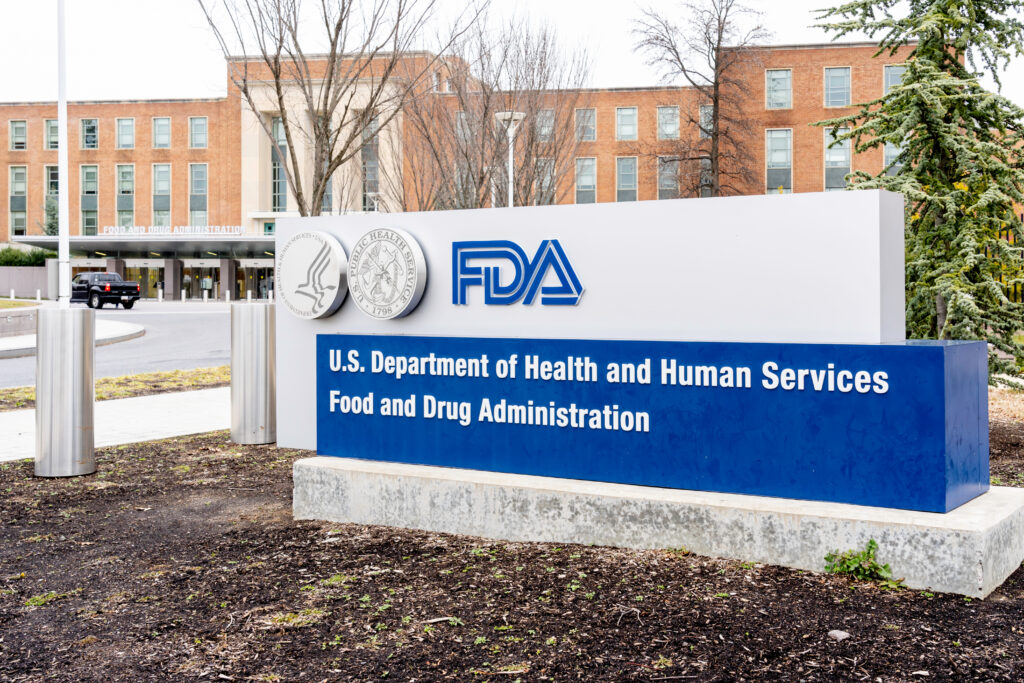Merck received its second US Food and Drug Administration (FDA) approval for its cancer pill Welireg (belzutifan).
The oral hypoxia-inducible factor-2 alpha (HIF-2α) inhibitor was first approved in August 2021 for von Hippel-Lindau (VHL), a rare hereditary disease that causes tumor growth in different organs, particularly the kidney.
Last week, the drug received its second FDA approval for adults with advanced renal cell carcinoma who have relapsed or have refractory disease following treatment with a programmed death receptor-1 (PD-1) or programmed death-ligand 1 (PD-L1) inhibitor and also a vascular endothelial growth factor tyrosine kinase inhibitor (VEGF-TKI).
Renal cell carcinoma is the most common type of kidney cancer, accounting for nine out of ten kidney cancer diagnoses. It is twice as common in men than in women and most cases are discovered incidentally during imaging tests for other abdominal diseases, explained Merck in a press release announcing Welireg’s approval for renal cell carcinoma. Approximately 15 percent of patients with kidney cancer are diagnosed at an advanced stage.
In the statement, Merck said Welireg’s approval for advanced renal cell carcinoma makes it the first drug in its class approved for the disease and the first in a novel therapeutic class since 2015.
A second FDA approval for a larger patient population means Merck can get closer to its hopes of Welireg becoming a company blockbuster. The drug has been on an upward trajectory as sales of Welireg jumped from $42 million to $54 million from the first to third quarter of this year.
After its initial 2021 approval, analysts at Bernstein predicted Welireg’s peak sales potential to be between $1 billion and $1.5 billion if it secured approval for earlier-stage renal cell carcinoma.
Welireg’s latest approval was based on data from the Phase III LITESPARK-005 study in which Welireg defeated Novartis’ chemotherapy Afinitor (everolimus). Welireg reduced the risk of disease progression or death by 25 percent compared to Afinitor.
Among 746 patients with unresectable, locally advanced or metastatic clear cell renal cell carcinoma who had progressed after previous treatment with PD-1 or PDL-1 checkpoint inhibitors and VEGF-TKI therapies, 34 percent of those who received a daily, 120 mg dose of Welireg achieved progression-free survival compared with 18 percent for those on Afinitor after a period of 12 months.
Overall survival (OS) results were reported to be immature at the current analysis and while there were 59 percent deaths reported, the FDA said “no trend towards a detriment was observed.”
“Despite recent progress in the treatment of advanced renal cell carcinoma, there is yet to be an option specifically approved for patients whose disease progresses following a PD-1 or PD-L1 inhibitor and a TKI therapy,” said Dr. Toni K. Choueiri, LITESPARK-005 study chair, director, Lank Center for Genitourinary Oncology, Dana-Farber Cancer Institute and Jerome and Nancy Kohlberg professor of medicine, Harvard Medical School, in the press release. “This approval of belzutifan introduces a meaningful new treatment option for certain patients, as belzutifan reduced the risk of disease progression or death compared to everolimus.”
Merck acquired Welireg in its 2019 purchase of Peloton Therapeutics for $1.05 billion upfront.
The price of Welireg is around $29,755 for a monthly supply of 90 tablets (40 mg).












Join or login to leave a comment
JOIN LOGIN